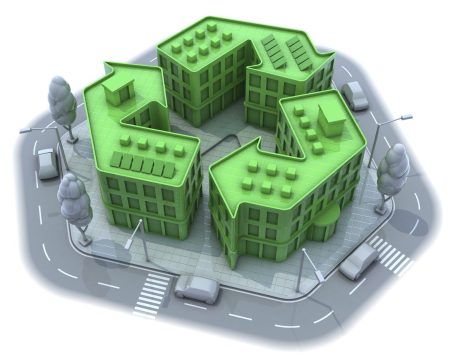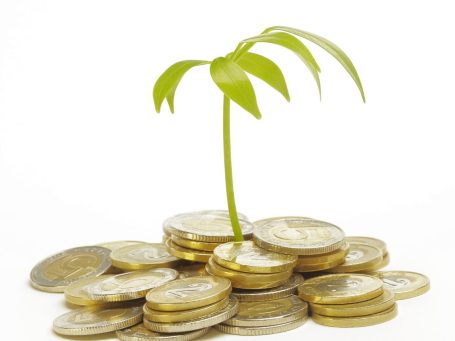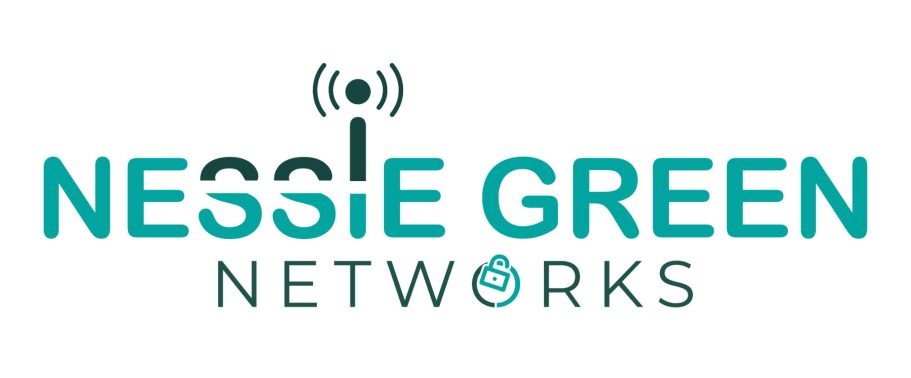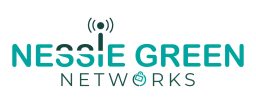



The Price of Water
Sustainable development
Any Urban water provisioning project and by extension water pricing project would be remis without the mention of sustainable development goals, in particular sustainable development goal 6 of the United Nation’s Transforming Our World: the 2030 Agenda for Sustainable Development. SDG 6 pertains to supply of clean water and sanitation to a populace and is one of the 17 sustainable development goals of the agenda. A circa 50 UN agencies under the umbrella of the United Nations Sustainable Development Group (UNSDG) are involved in providing support in implementation and monitoring of the goals in developing countries in concert with private sector and Governments.
It is understood that the scope of the water board is primarily supply of water for domestic consumption and sanitation which is water for drinking, cooking, washing and other sanitation including the processing and recycling of wastewater and sewage as well as marginal usage for the very small industry present in the Urban area. It is noted that the demographic of the Urban consumer is that of low income. The water board is therefore looking at ways to help price the water it supplies to it’s customers.
The price of water is not only determined by the consumer’s willingness to pay but also the consumer’s ability to pay for a given unit of water consumption. The willingness to pay is dependent on the value that the consumer attaches to her water consumption at any given time and place. The demand of water hence will solicit a higher willingness to pay when the value of water is high for the consumer e.g. the consumer attaching higher value when water is used for life essentials like, drinking, cooking, washing and sanitation. Water consumption at this value fixes the demand of water regardless of the price charged as the willingness to pay for someone whose life depended on drinking water would be infinity. Hence, we can say that the demand is inelastic as it does not respond readily to the change in price. The willingness to pay a theoretical infinite amount however in practise doesn’t correspond to the ability to pay an infinite amount at any socio-economic level of the society, more so in the poorest of the demographic.
In a capitalist economy and competitive market, a firm would set the price of a good equal to the marginal cost of production of the good irrespective of the demand of the commodity or good, that is the additional cost of production for producing one more unit of the good should equal the price of the good to achieve the maximum profit most efficiently. This is true when considering the price of water on a per unit basis in a competitive market. What is also true that water board is for all intent and purposes a monopoly, with it’s ability to set prices above the marginal cost in absence of competition due to very high cost of entry and capital-intensive nature of setting up a water utility infrastructure.
Due to the nature of demographic that will be serviced by the water board it is inconceivable that low-income Urban population will have the ability to pay the monopoly price of the per unit of water for even essential use, unless marginal cost per unit of water and therefore the resulting monopoly price is significantly low within the range of willingness and ability to pay. The government can mandate that the price of water not to exceed the marginal cost of unit production of water at least for the volume of water for essential use, this essential average volume of water used per family over a specific period needs to be determined. For additional discretionary use of water for leisure such as landscaping, car washing etc. profit may be sought depending on the consumers’ willingness to pay the price. The price for this block of unit volume is determined from the relationship between price and volume supplied whilst keeping the desired profit constant. A pricing regime of IBT (incremental block tariffs) is an approach whereas the name suggests the tariff is increased with an increasing consumption of water volume, this introduces a levy on discretionary non-essential use of water for the consumer and contributes towards profits for the water board.
The infrastructure cost for grey assets i.e. pumps, plants, pipes, and buildings are fixed and not accounted for by the variable marginal cost of unit volume of water consumed therefore not recoverable by the tariff prices alone. The fixed cost is recovered by introducing a onetime connection charge for setting up the water supply. The free rider issue with one standard connection charge whereby a high-volume user pays the same connection charge as low volume user is not an equitable allocation and is therefore resolved with the IBT described earlier.
Externalities arising from the Urban water supply both negative and positive such as contamination of water resource, greenhouse effect of plants running on fossil fuel, water leakage and illegal connections, health benefits due to clean water and sanitation, economic benefits due to job creation and industrial opportunity where water usage is essential do not fully offset each other and also are not accounted for by marginal cost pricing of the basic tariff block that covers water consumption for life essentials, however the IBT pricing structure as well as government regulation for sustainable water supply with a combination of subsidies or taxation should recoup some of the cost of negative externality that are not offset by the positive externalities given that information to quantify the net externality are not fully deterministic.
All the above points, covering marginal willingness and ability to pay by the consumer, the marginal cost of the supply of water at the life essential level of consumption, the IBT to address non-essential consumption – based on targeted profit, government regulation, subsidy and tax to recoup cost of water supply and external costs should provide a fundamental basis to price water for the low-income demographic of the target Urban areas.
Copyright © 2023 Nessie Green Ltd. All rights reserved. Registered in England & Wales No. 15081204.Registered office: Greenside House, 50 Station road, London N22 7DE. VAT No: 447235391
We need your consent to load the translations
We use a third-party service to translate the website content that may collect data about your activity. Please review the details in the privacy policy and accept the service to view the translations.

